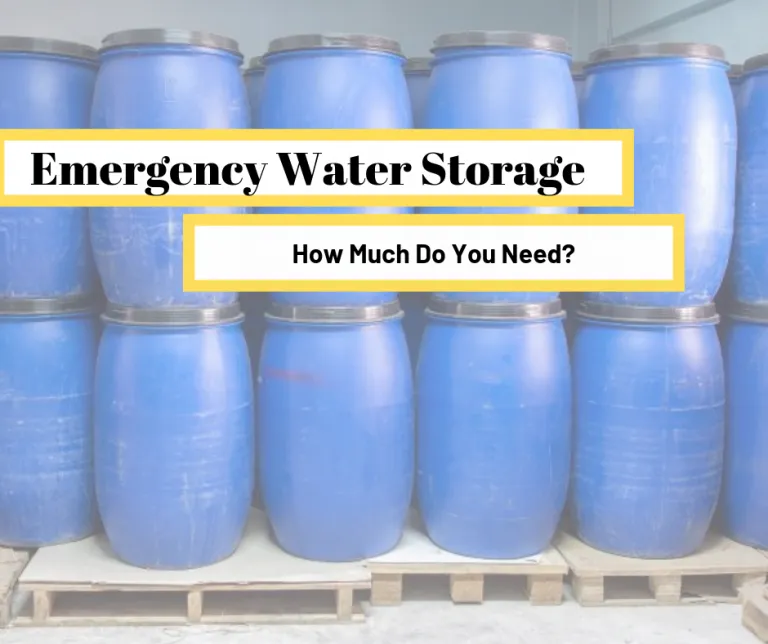Introduction
In times of crisis, such as natural disasters or public health emergencies, access to clean and safe water becomes a critical need. Without a reliable source of water, individuals and communities are at risk of dehydration, illness, and even death. In order to address this pressing issue, it is essential to have emergency water supply systems in place to ensure that everyone has access to the water they need to survive.
The Importance of Emergency Water Supply
During a crisis, the normal water supply infrastructure may be compromised or unavailable. This can be due to damage from the disaster itself, or because of contamination from floodwaters, sewage backups, or other pollutants. In these situations, having an emergency water supply system in place can mean the difference between life and death for those affected.
Challenges in Providing Emergency Water Supply
There are several challenges in providing emergency water supply during a crisis. One of the main challenges is ensuring that there is enough water available to meet the needs of the affected population. This can be particularly difficult in situations where the normal supply of water has been cut off or contaminated.
Another challenge is ensuring that the water is safe to drink. Contaminated water can lead to a variety of illnesses, including diarrhea, cholera, and other waterborne diseases. In order to prevent these illnesses, it is essential to have systems in place to purify and filter the water before it is distributed to those in need.
Solutions for Providing Emergency Water Supply
There are several solutions for providing emergency water supply during a crisis. One option is to have pre-positioned water storage tanks in strategic locations that can be quickly deployed to areas in need. These tanks can be filled with clean water and distributed to those affected by the crisis.
Another solution is to have portable water purification systems that can be used to treat contaminated water on-site. These systems can remove bacteria, viruses, and other contaminants from the water, making it safe to drink. This can be particularly useful in situations where the normal water supply has been compromised.
Community Involvement in Emergency Water Supply
Community involvement is essential in addressing the critical need for emergency water supply during a crisis. Local organizations, volunteers, and community members can all play a role in ensuring that everyone has access to clean and safe water. This can include distributing water, setting up water purification systems, and educating the public on how to safely store and use water during a crisis.
Conclusion
Addressing the critical need for emergency water supply in times of crisis is essential for ensuring the health and safety of affected populations. By having systems in place to provide clean and safe water, we can help prevent illness and save lives during emergencies. It is important for governments, organizations, and communities to work together to develop and implement effective emergency water supply plans to ensure that everyone has access to the water they need to survive.
#Addressing #Critical #Emergency #Water #Supply #Times #Crisis
